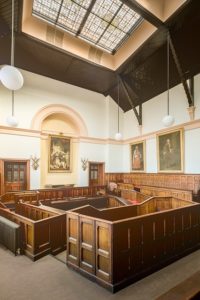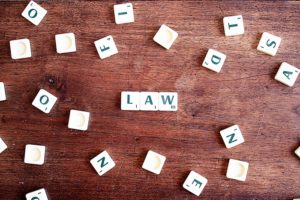
When someone is pulled over, detained or even arrested there has to be some sort of probable cause for the officer to come to this action. While the situations can vary for what constitutes probable cause it remains that it is what protects us as citizens from arrest without reason. Here is a quick guide about how probable cause works.
Arrests
The first thing to note is that there is a difference between arrests and detention and probable cause will be different for those situations as well. When someone is arrested, an officer has to have some sort of evidence of factual based information to arrest. This means if an officer sees someone assault another person or they have bank evidence to show proven fraud then this would be obvious probable cause to arrest. In terms of detainment, it is a bit different. With detainment, a person is not actually being charged with a crime but is being held under suspicion in order to determine if a crime was committed. So for example, if someone was pulled over for speeding and the officer suspects that the driver is under the influence, they can detain that person to be tested and further investigated but would still need to have actual probable cause to lead to an arrest.
Seizure of assets
Seizing property usually occurs during an arrest. An officer has the right to seize items detailed in an arrest warrant but if they come across other contraband materials or there is probable cause that an item is stolen they can also seize these items as well.
Searching
There are a few ways that searching can be conducted. The first is a judge issues a search warrant because there has been enough probable cause to show that a crime was most likely committed but there are other instances where a search warrant is not needed. Also if an officer has been given permission by the owner of the residence or vehicle if an arrest has already been made and the search is in connection to that arrest or also in instances of emergency where there is a public health threat.
In conclusion, an arrest or seizing of property is not something that can be done easily or just on suspicion alone. To protect citizens an investigation has to occur and there must be some type of fact-based evidence to actually go through with restricting these civil liberties.



